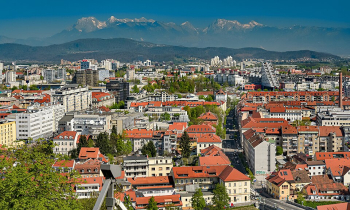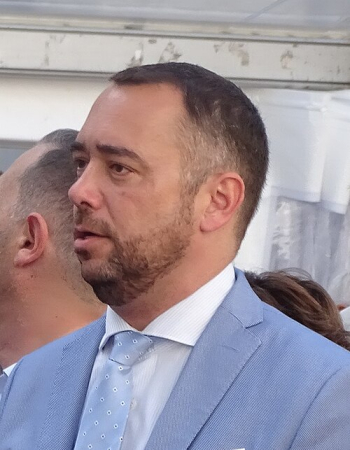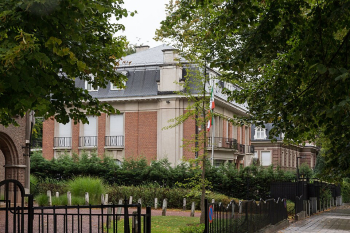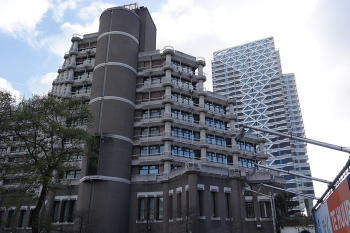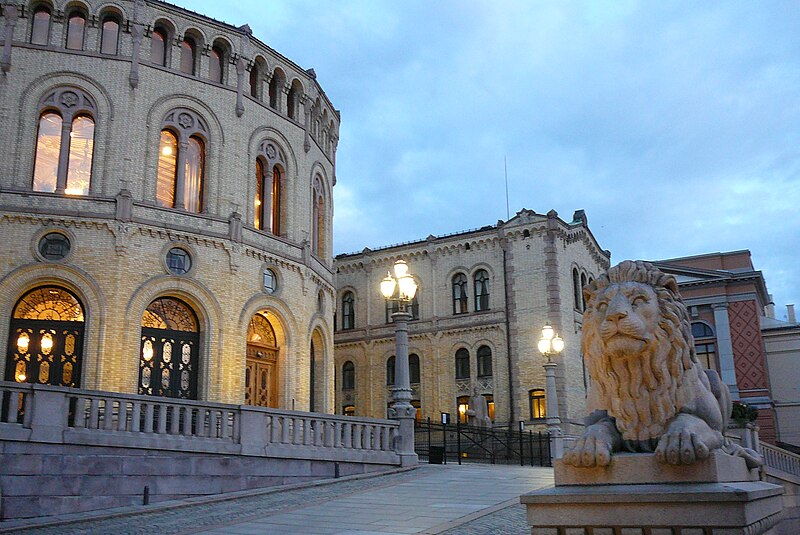
The Norwegian Parliament formally apologized on Tuesday to the country’s indigenous Sami, Kvener, and Finnish migrant communities for a longstanding assimilation policy that
aimed to strip them of their native languages, traditions, and religions. For over a century, Norwegian authorities sought to make these ethnic groups “as Norwegian as possible” but now recognize the harm these policies caused.
In a symbolic gesture, the Norwegian flag flew above Parliament alongside a traditional lavvo, set up to mark this historic apology for injustices committed against ethnic minorities. This policy, known as "fornorsking," involved practices such as separating families and sending children to boarding schools where they were forbidden to speak their native languages, compelled instead to use only Norwegian. State-led efforts to enforce assimilation started in the 1700s, with an official policy established in 1851.
The formal apology follows past regrets expressed by King Olav V, King Harald V, and former Prime Minister Kjell Magne Bondevik. The Parliament’s statement comes after the findings of a state-appointed "truth and reconciliation" commission that documented the damage caused by fornorsking and suggested steps for redress.
Unlike typical lavvo setups for protest, this one serves as a place for dialogue, open to visitors for conversation, exhibitions, and traditional food, explained Parliament President Masud Gharahkhani. After hours of parliamentary discussion, members issued a “deepest apology” to the Sami, Kvener, and Skogfinner, taking responsibility for the consequences of fornorsking. Parliament pledged to follow many of the commission’s recommendations, including creating a national center focused on assimilation policy. Thirteen proposals were passed with the support of Labour, Conservative, and Center parties, though the right-wing Progress Party opposed, asserting that prior apologies were sufficient.
The "Truth and Reconciliation Commission," chaired by former MP Dagfinn Høybråten and consisting of experts familiar with the issues, had prepared the report leading to Tuesday’s apology. The Parliament's statement of regret is viewed as the beginning of a reconciliation journey, with Gharahkhani affirming that efforts to foster healing and dialogue will persist. As part of this commitment, a unique dialogue arena was set up at Eidsvolls Plass, Oslo, for all affected groups.
Frode Jacobsen of the Labour Party, involved in Parliament’s response to the commission’s findings, noted that while reconciliation will take time, openly acknowledging past wrongs is essential for building trust. “Today’s step,” he said, “is a significant move forward in the effort for reconciliation.” Photo by Guy Delsaut, Wikimedia commons.


